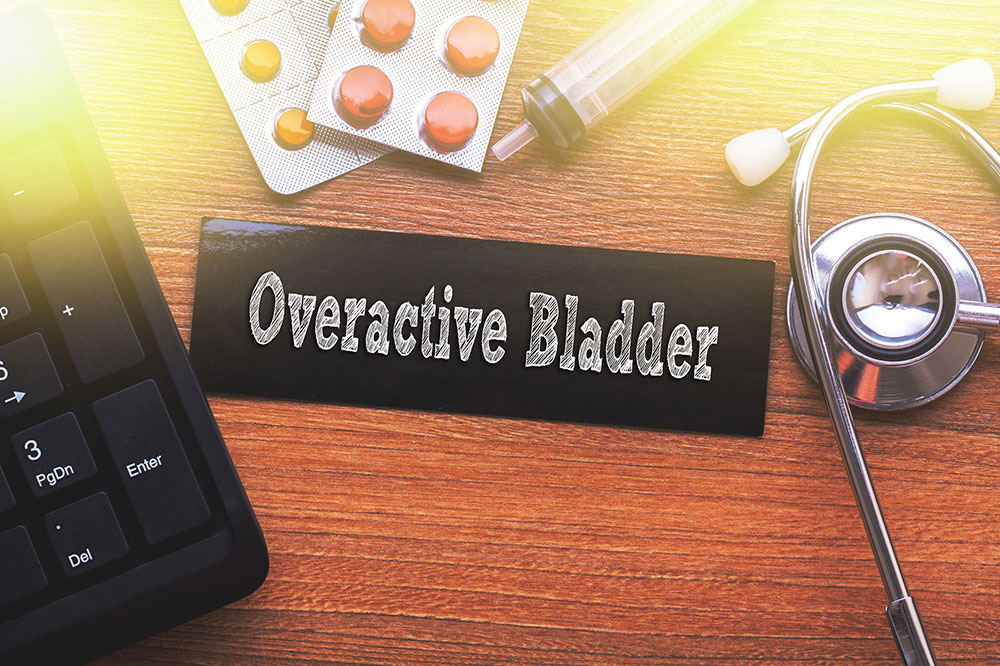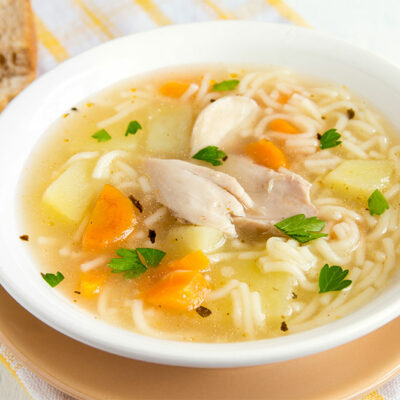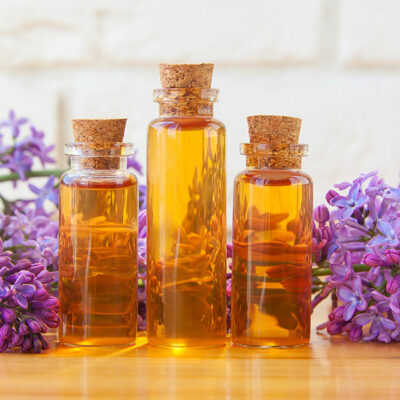
Overactive Bladder – Managing Lifestyle and Nutrition
Overactive Bladder (OAB) is a medical condition characterized by a sudden and frequent urge to urinate. Research shows that women are more prone to this condition than men. Some people may also experience unintentional loss of urine, which is also referred to as urinary incontinence. Here are some lifestyle tips and foods to eat that can be used to manage the condition of an overactive bladder effectively.
Lifestyle tips for managing symptoms of OAB
1. Watch your fluid intake
Drink water and fluids in an adequate amount to reduce the frequency of urinating. Overconsumption of fluids can cause an increased urge to urinate and can even cause involuntary leakage.
2. Exercises for bladder control
Kegel exercises help strengthen the pelvic floor muscles that gradually will prevent the symptoms of OAB. Another exercise that involves strengthening the bladder walls is double voiding which involves urinating, then pausing for a few seconds before trying to urinate again. This exercise can help in fully emptying the bladder. If these two exercises are practiced daily, they can help in reducing the urgency to urinate frequently and reduce the sudden urge to urinate.
3. Limit washing and wiping
Excessive cleaning and wiping can end up making the area dry and coarse. This, in turn, makes the area itchy and aggravates the symptoms of an overactive bladder. Hence, it is recommended to avoid going overboard on washing and wiping.
4. Limit the intake of caffeine
Drinks with caffeine such as tea, coffee, and alcoholic beverages irritate the bladder. These drinks can increase the urge and frequency to urinate. That said, it is recommended to steer clear of alcoholic beverages and caffeinated drinks when a person has an overactive bladder.
Foods to eat
Let’s take a look at the right foods to eat during the medical condition of an overactive bladder.
1. Cruciferous veggies
The benefits of these vegetables like cooked cabbage, Brussels sprouts, kale, broccoli, and cauliflower can help manage incontinence. You can get the required nutrients through salads, soups, stews, and stir-fried meals.
2. Nuts
Munching on a few nuts is good for one’s overall health. They can be really beneficial for the health of the prostate, bladder, and urinary tract. Moreover, nuts are good for the management of incontinence symptoms.
3. Protein-rich foods
Protein-rich foods such as tofu and eggs have many health benefits, including boosting the health of the bladder and urinary system. While these foods ease incontinence symptoms, they also keep energy levels up consistently.
4. Whole grains
Foods rich in fiber are useful in regulating bowel movements. This keeps constipation as well as incontinence under control. Whole grains such as lentils, rye, millets, bran, buckwheat, quinoa, barley, and oats must be included in the diet.


